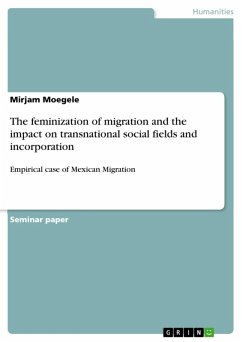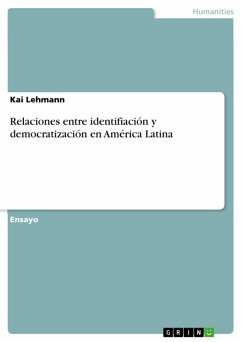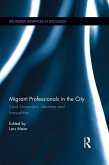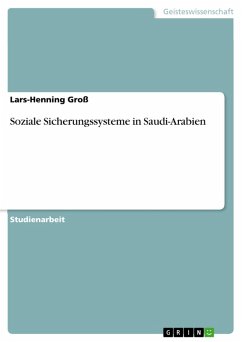Seminar paper from the year 2009 in the subject Sociology - Culture, Technology, Peoples / Nations, grade: 2,0, University of Copenhagen (Gesellschaftswissenschaften), course: Flight, Migration, Transnationalism: Contemporary Perspectives on Mobility, language: English, abstract: Labour migration favours a growing intensity of circulating movements of people, goods, information and symbols across national borders. Positively influenced by new communication technologies, infrastructure and money transfer, national borders are crossed physically and mentally in everyday life by transmigrants. Transnationalism is hence a new form of a bounded-nomadic way of living as it implicates a movement between two fixed localities (Pries 2008). In the case of the Mexican migrants, the recruitment politics of the U.S. of low-skilled and cheap labour launched unintentionally a self-sustaining migration-process between Mexico and U.S., which over the years became more diversified concerning local origins, sex and status of migrants (Massey/Goldring 1994). As transnational fields are multi-layered and multi-sited forms of interaction between individuals, families and nation-states' practices, we have to rethink boundaries of social life - culturally and geographically (Glick 2001: 1002/3). The creation of a transnational migration networks and the formation of Mexican communities in the U.S. facilitated the situation for future migrants and set the basis for family reunification and chain migration (Massey/Goldring 1994, Espinosa 1997). Speaking of an extension of social life in the process of transnationalization means that kinship and family networks are re-constituted across national borders - simultaneously marked by gendered differences in power and status. Today, we observe the new phenomena of feminization of migration.
Dieser Download kann aus rechtlichen Gründen nur mit Rechnungsadresse in A, B, BG, CY, CZ, D, DK, EW, E, FIN, F, GR, HR, H, IRL, I, LT, L, LR, M, NL, PL, P, R, S, SLO, SK ausgeliefert werden.









